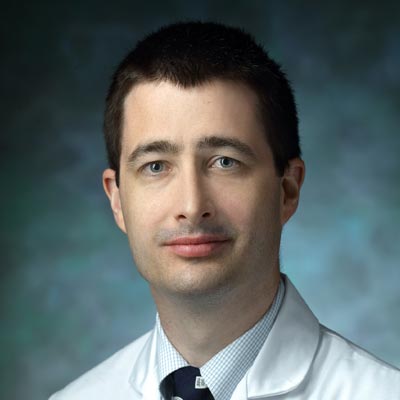I hope this post finds you and yours well and in full health. By now, we are all accustomed to (and perhaps increasingly frustrated by) the ‘new normal’ of COVID-19. It’s an interesting time to be alive. We have seen great loss of life and genuine human tragedy. There appears to be no let up; so much so that it’s hard not to become desensitised to the daily reports tallying the dead.
But behind every number is a story; indeed, a book full of chapters. Consequently, we await news of a vaccine eagerly and there has been some ground for optimism based on research being led by an Irishman at the UK-based Jenner Institute.

Closer to home, the National Institute for Prevention and Cardiovascular Health has had to adjust to this new normal also. A number of our research projects are now on hold. However, we continue to plan the international survey of coronary heart disease secondary prevention (INTERASPIRE). We have also taken the lead on designing and conducting a clinical trial that aims to answer an important and increasingly burning clinical question; do blood pressure medications alter susceptibility to COVID-19 and the severe manifestations of this disease? Details on this trial, called CORONACION, can be found here. We have yet to get it up and running but hope to do so soon, pending funding.
NIPC is also looking to develop online cardiovascular prevention options that can help to fill the gap left by the inability to physically access outpatient cardiology departments and rehabilitation services. In addition, NIPC is committed to delivering a number of educational offerings this year, whether they be online or in person or both, for example an upcoming ECG workshop in September and the NPC conference in November.
Furthermore, I want to acknowledge and thank Croí for the absolutely amazing work they have been doing on a number of fronts to help patients with heart disease and stroke get through this crisis.
Finally, this survey by the Irish Cardiac Society has highlighted an important unintended consequence of physical distancing restrictions- specifically that patients with serious heart and stroke conditions may not be accessing health care or presenting to the hospital when they otherwise should be. As a doctor working in the hospital I can attest that we are very much ‘open for business as usual’ and are very worried about the possibility of patients not coming in for help when they need it. We all need to get this message out.
This post is an extract from the monthly NIPC Alliance e-Bulletin.
If you would like to hear about the latest NIPC news and events sign up here.


Recent Comments